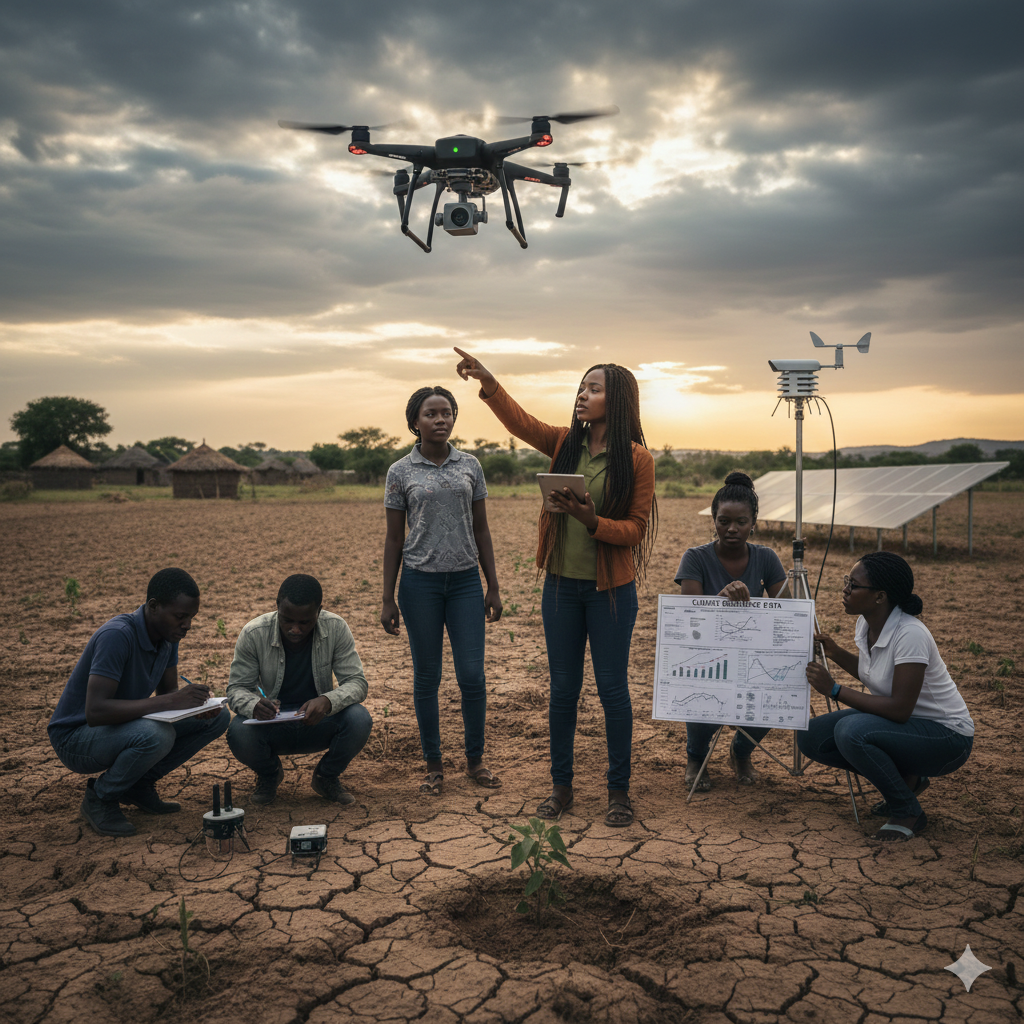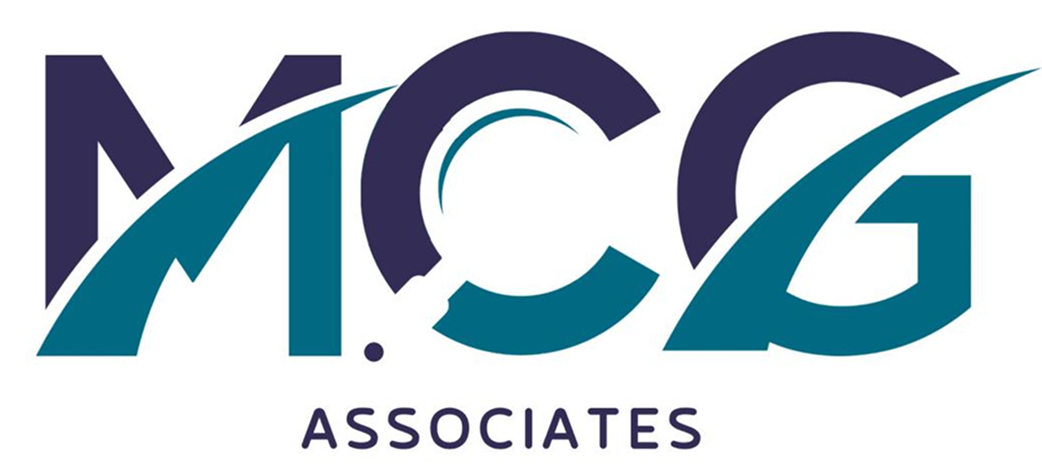Climate Adaptation
At MCG Associate, we support governments, communities, and businesses to anticipate climate risks, adapt effectively, and build long-term resilience. Our climate adaptation solutions are grounded in science, policy, and local realities—ensuring responses are practical, inclusive, and sustainable.
We help clients move from vulnerability to resilience by integrating climate risk analysis, adaptive planning, and evidence-based interventions into development strategies and investment decisions.

